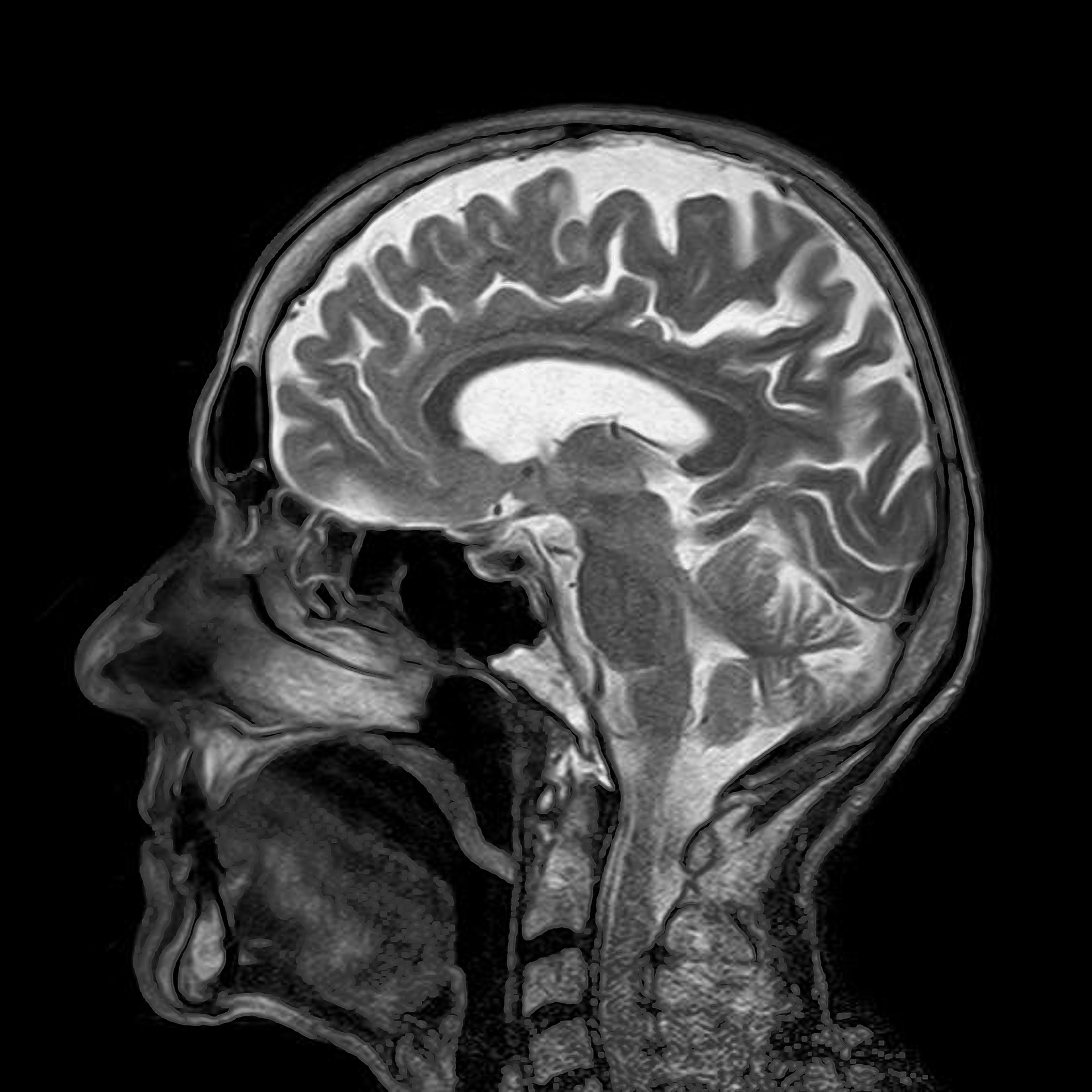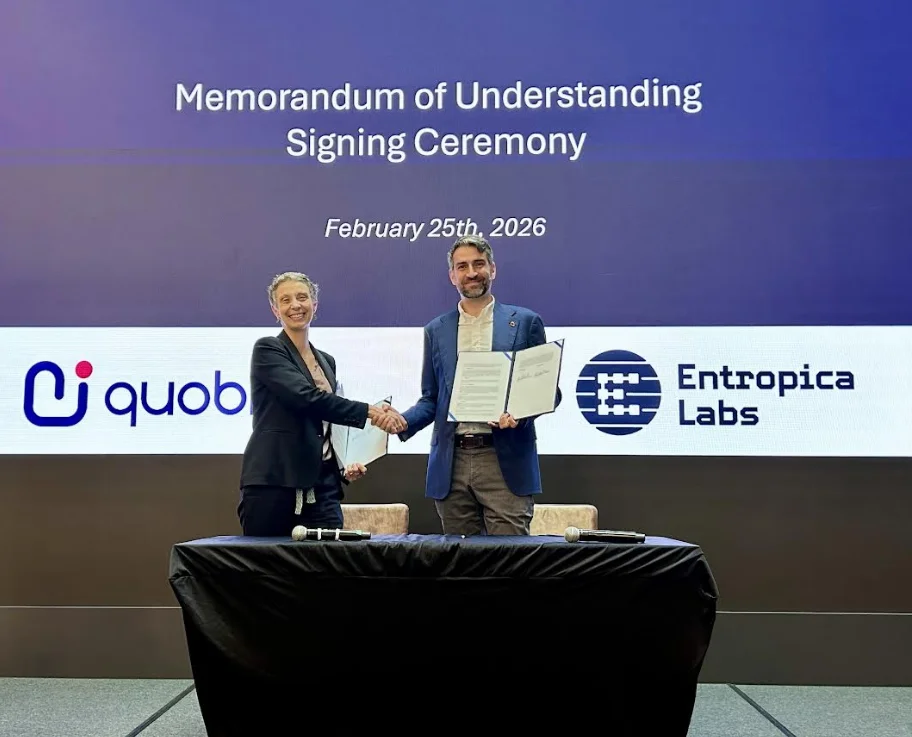Introduction
As a field of study, quantum metrology aims to enhance measurement precision by utilizing quantum mechanics principles. With high-precision measurements, such as length, time, frequency, and temperature, physical quantities can often be measured far beyond what is possible classically.
What is Quantum Metrology & what are its Benefits?
To improve the sensitivity and accuracy of measurements, quantum metrology takes advantage of the peculiar properties of quantum systems, such as entanglement and superposition. It is possible, for example, to estimate physical quantities more precisely using entangled states rather than classical states.
Numerous applications of quantum metrology — which we will go into more detail shortly — can be found in fields such as navigation, communication, and medicine. Among the applications of atomic clocks include GPS navigation and satellite communication, for which it can be used to develop more accurate clocks. Magnetic resonance imaging (MRI) can also benefit from it, as its sensitivity and resolution can be improved.
What are some Applications of Quantum Metrology?
We will now briefly describe three important applications in which quantum metrology will play an important role.

Gravitational Wave Detection
Spacetime is rippled by gravitational waves, and their detection requires incredibly precise measurements. Using quantum metrology, gravitational wave detectors can be made more sensitive, allowing for the detection of weaker signals and new methods for studying the universe.
Atomic Clocks
From GPS navigation to telecommunications, atomic clocks are among the most precise clocks known to mankind. The precise vibrations of atoms are used in atomic clocks to keep time, and quantum metrology plays an important role in measuring these vibrations.
Imaging
In terms of resolution and detail, quantum sensors can produce images unlike anything we’ve ever seen before. As part of quantum optics, quantum imaging utilizes quantum correlations such as quantum entanglement of the electromagnetic field to image objects beyond the resolution and other imaging criteria possible in classical optics.
Some Quantum Metrology Companies
Several companies specialize in quantum metrology-here are a handful of them:
1. Apogee Instruments
Dr. Bruce Bugbee, a professor of crop physiology at Utah State University, started Apogee Instruments in 1996. Its innovative, durable, and accurate environmental instruments have made it a respected leader in the industry
2. Atomionics
Founded in Singapore, Atomionics is a startup that builds quantum sensors for use in navigation and resource exploration. Atomionics’ atomic sensors are capable of building an exhaustive map of the underground, helping to locate tunnels and bunkers, predict earthquakes, provide precise navigation, and build a universal positioning system that works everywhere — underground, underwater, and even in space.
Its core technology is based on cold atom interferometry, which involves shooting lasers at atoms to cool them to micro-Kelvin temperatures
3. GEM Systems
In addition to magnetometers, gradiometers and magnetic sensors for Earth Science, Geophysics, and other applications, GEM Advanced Magnetometers — which is based in Ontario, Canada — offers a wide range of magnetic sensors.
GEM develops advanced quantum magnetometer technologies, such as Overhauser, optically pumped Potassium (K-Mag), and proton precession magnetometers.
In quantum magnetometers, subatomic particles (nuclei and unpaired valence electrons) are used to measure spin. It is possible to translate the resulting frequency of precession directly into magnetic field units. In contrast to vector results (e.g. from fluxgate geophysical instruments or GEM’s Suspended dIdD technology), quantum results are scalars (total field intensity).
4. Miraex
Based in Vaud, Switzerland, Miraex designs, manufactures and provides quantum sensing and computing photonic systems for industrial applications. The company’s industrial sensing solutions prevent asset failures before they occur, even in extreme environments where standard electronic sensors are ineffective.
Miraex also builds quantum integrated circuits for high-sensitivity measurements and distributed quantum computing networks.
5. Muquans
Muquans focuses on building high-precision quantum measurements and its mission is to provide reliable high-value scientific instruments in various fields, such as geophysics, metrology, time and frequency dissemination, and research-grade laser optics.
Based in Talence, France, Muqauns has developed unique scientific and technological expertise as a spinoff from the Observatoire de Paris (LNE-SYRTE) and the Institut d’Optique (LP2N) in France, where the core technology has been studied for over 15 years.
6. Nomad Atomics
Using quantum sensors, Nomad Atomics is changing mining, underground resources and navigation, specializing in a suite of quantum sensors, from magnetometers to gravimeters to clocks.
The company is based in Canberra, Australia.
7. Nucrypt
Based in Park Ridge, Illinois, Nucrypt manufactures photonic instrumentation, including quantum entanglement generation, distribution, and measurement systems and specializes in building customized photonic equipment, both for use in the lab or in the field.
8. Peratech
A pressure-sensing solutions company, North Yorkshire, UK-based Peratech offers patented QTC® technology to some of the most innovative and exciting companies in mobile, automotive, industrial, robotics, electronic appliances, consumer electronics, and health/sports diagnostics with cost-effective, mass-produced next-generation touch solutions.
QTC® is the acronym for “Quantum Tunnelling Composite”. The patents that Peratech holds relate to formulations and manufacturing processes that promote quantum tunnelling.
9. QLM
Through its Tuneable Diode Lidar (TDLidar) gas detection and imaging systems based on infrared single-photon detection, QLM is assisting gas sensing in the oil and gas industry.
With QLM’s research-based technology, natural gas producers, distributors, and service providers can identify and monitor gas leaks fast, accurately, and at a low cost.
10. Qnami
Qnami develops fundamental new technologies that through the control and measurement of electron states, can now measure things that were previously impossible.
Qnami ProteusQ is a complete quantum microscope system. It is the first scanning NV (nitrogen-vacancy) microscope for the analysis of magnetic materials at the atomic scale. By using Qnami ProteusQ quantum technology, it is possible to view the most subtle properties of your samples directly and how microscopic changes in your design or fabrication process affect them.
The company’s headquarters are in Muttenz, Switzerland.
11. SBQuantum
Shine Bright Quantum is developing quantum magnetics for Earth and space. In order to better understand and navigate the environment, its team is utilizing magnetic intelligence to build a precise, localized magnetic model of the Earth. By using a quantum magnetometer, we can measure magnetic resonance lines with greater specificity.
SBQuantum’s solution is powered by a cutting-edge quantum magnetometer sensor. With nitrogen vacancy diamonds, the company has engineered a compact form using their quantum properties, ensuring high sensitivity in vector analysis while simultaneously remaining durable, power efficient and requiring no careful orientation.
The company is based in Sherbrooke, Quebec, Canada.
12. Single Quantum
As a manufacturer of superconducting single-photon detectors, the Delft, the Netherlands-based Single Quantum was founded in 2012 with a mission to make even the most demanding optical applications possible by providing the best photon detection.
More than 80 academic and industrial labs around the world have already selected our multi-channel detection system to perform complex optical measurements. SBQuantum offers a combination of detection efficiency and time resolution that makes its superconducting detectors a good choice for quantum communication, cryptography, infrared fluorescence spectroscopy, and laser rangefinding.
Why Quantum Metrology is Important?
The field of quantum metrology (and metrology in general) has a great deal of impact on people’s lives every day. We rely on metrology for measurement results in a number of important areas, including trade, health, safety, environmental monitoring, food safety, protection of consumer rights, and law enforcement.
Our measurement tools, however, are often taken for granted, and we fail to realize how important they are. Since we are surrounded by measurement and have grown used to it, we tend to ignore — or at least play down — its significance.
Our measurement tools are only fully appreciated, sadly, when they fail or are unavailable.
Conclusion
Even though quantum metrology has undergone a significant amount of research in recent years, scientists still view it as an understudied field. Quantum metrology research is — as overviewed here — presently focused on determining its limits and applications in a variety of fields, including imaging and measurement, and the promise of more accurate measuring means has made quantum metrology a field of interest in quantum physics.
For more market insights, check out our latest quantum computing news here.
















